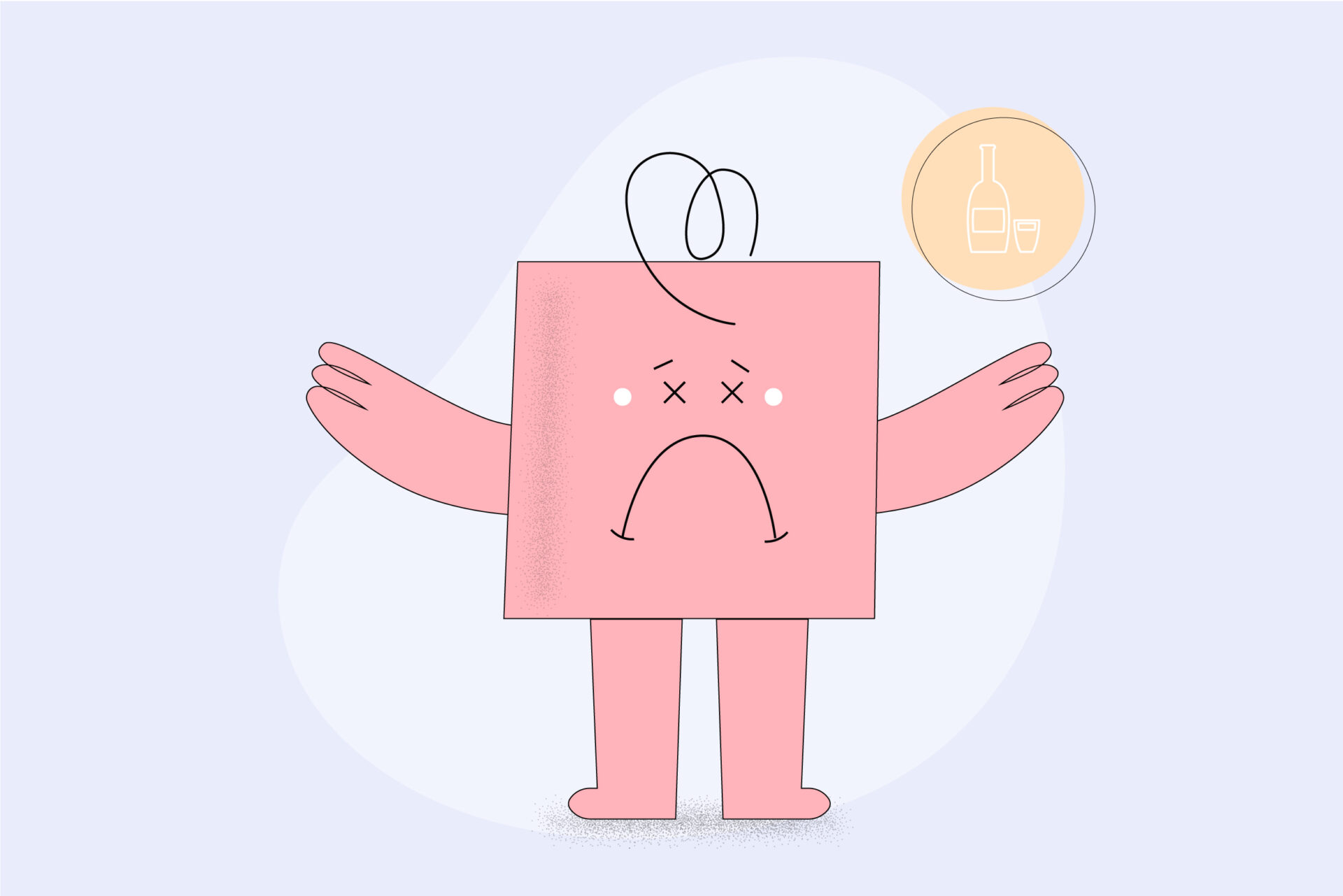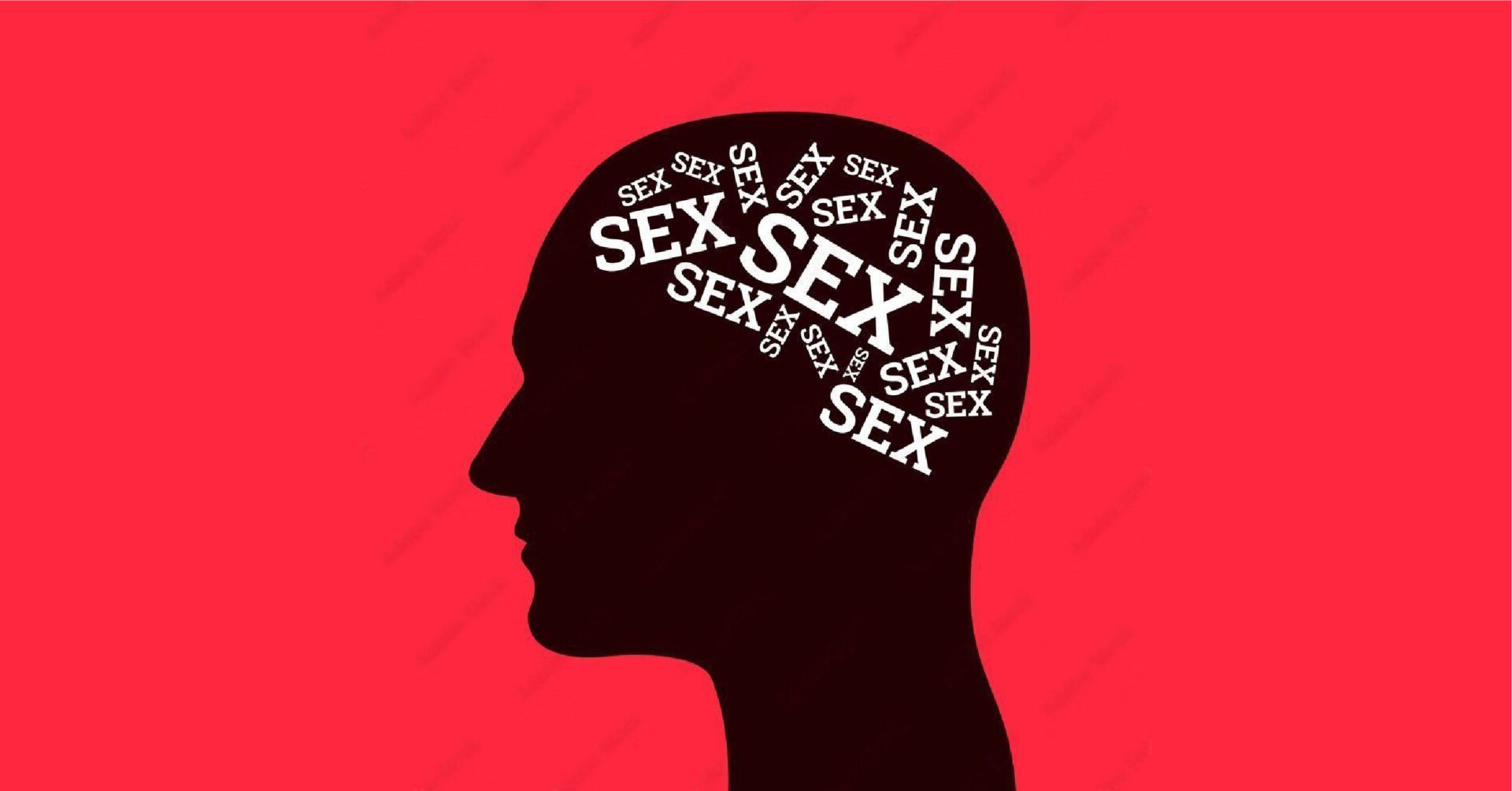Substance-Related and Addictive Disorders Quiz
A Substance-Related and Addictive Disorders quiz evaluates knowledge and understanding of substance abuse, addiction, and related issues. Seeking guidance from healthcare professionals or addiction specialists is crucial for accurate information and support.


Time is Up!

Time's up
Who can take this quiz?
The Substance-Related and Addictive Disorders Self-Assessment Quiz is designed for individuals who are concerned about their own or a loved one’s substance use and its impact on their lives. It’s also suitable for those seeking to understand more about addictive behaviors and whether these patterns might align with substance-related disorders.
What purpose does this quiz serve?
This quiz serves to highlight the individual’s current level of understanding and skills related to mental health first aid. By addressing key areas such as recognizing signs of mental health issues, knowing how to offer initial help, and guiding someone towards professional support, the quiz encourages self-reflection on one’s ability to act effectively in mental health situations. It aims to motivate individuals to seek further training in Mental Health First Aid, ultimately fostering a more informed and supportive community.
What is meant by the name of the quiz?
The “Substance-Related and Addictive Disorders Self-Assessment Quiz” clearly indicates that the quiz is focused on evaluating personal or observed behaviors and symptoms that may suggest the presence of disorders related to substance use and addiction. The title implies a tool for self-reflection and initial assessment, guiding individuals to consider the impact of substance use on their lives or the lives of others close to them.
How does the name of the Quiz work?
The quiz works by asking a series of yes-or-no questions that cover a range of behaviors and experiences associated with substance-related and addictive disorders. Through these questions, participants are prompted to think about their own or another’s substance use patterns, the consequences of these patterns, and the presence of any symptoms indicating a disorder. The indicative answers help to highlight areas of concern that might benefit from professional attention and support, directing individuals towards further resources, information, and assistance in addressing substance use and addiction.
General Frequently Asked Questions
These disorders involve the excessive use of one or more substances leading to significant impairment or distress. They can include disorders related to the use of alcohol, caffeine, cannabis, hallucinogens, inhalants, opioids, sedatives, stimulants, tobacco, and other or unknown substances.
Treatment can vary based on the individual and the substance involved but often includes a combination of therapy, medication, support groups, and lifestyle changes. Tailored treatment plans are crucial for effectively addressing substance use and related disorders.
For more information on understanding, treating, and finding support for substance-related and addictive disorders, consider visiting:
- Substance Abuse and Mental Health Services Administration (SAMHSA): SAMHSA provides information, support, and a treatment locator service for substance use and mental health issues. Visit SAMHSA’s website.
- National Institute on Drug Abuse (NIDA): NIDA offers extensive research and educational materials on various substances and related disorders. Explore NIDA’s resources.
Need a customized plan?
Disclaimer: According to an individual’s case severity, the sessions might vary.


